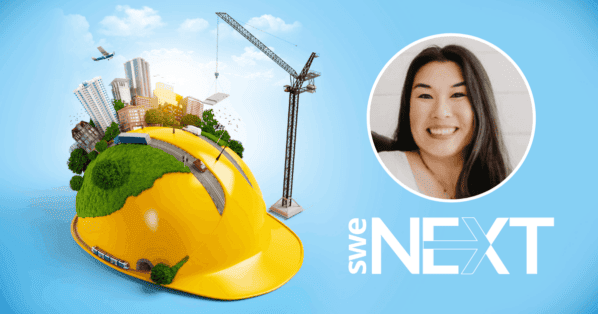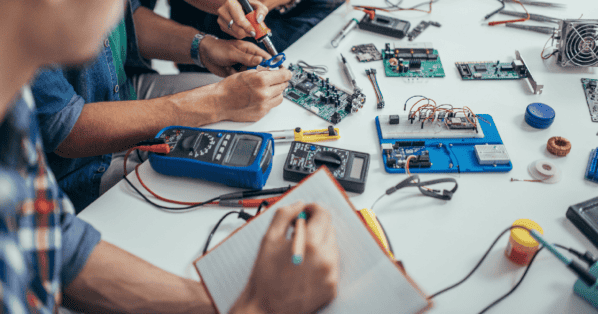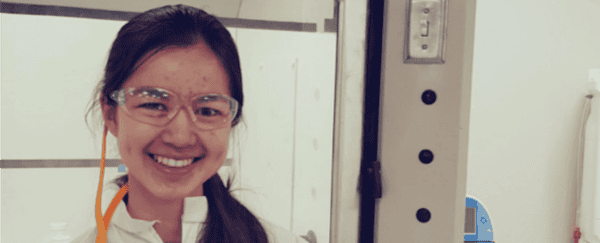One of the most important traits to embrace when exploring your interests and aspirations is a growth mindset. While you might have heard the terms growth mindset and fixed mindset from teachers or coaches before, do you know what they mean?
Someone with a fixed mindset believes that their intelligence and creativity are static, or unable to be changed. People with a fixed mindset tend to avoid failure at all costs because they believe that roadblocks and failures poorly reflect their intelligence. The central issue with a fixed mindset is that intelligence and creativity are not static and experiencing failure and overcoming challenges are essential to your personal growth. A growth mindset is about viewing failures as an opportunity to stretch your abilities and learn new things.
A growth mindset is about viewing failures as an opportunity to stretch your abilities and learn new things.
To further understand a fixed versus growth mindset, let’s think through an example. Imagine that you’re participating in your school’s pasta bridge building competition. You have spent weeks researching designs, building and testing prototypes, and carefully assembling your final bridge. On the day of, each of your classmates goes one at a time to test their bridge in front of the class. When it’s your turn, your bridge fails with significantly less weight than you predicted and hoped for. How do you think someone with a fixed mindset would respond to this situation compared to someone with a growth mindset?
Someone with a fixed mindset would likely become very frustrated that their bridge had failed more rapidly than expected. The person might try to blame the way the weight was applied or some other uncontrollable factor; they would also likely become frustrated and closed-off to any suggestions. This person might even question whether they have any future as an engineer if they couldn’t even build a pasta bridge that worked. It’s also likely that this person would not attempt to make a pasta bridge in next year’s competition.
Do you see how this fixed mindset could preclude someone from challenging themselves, learning, and growing their skillset? Embracing a growth mindset would challenge this person to ask the teacher how their bridge could be improved, talk to peers about their different designs, and try to make an improved bridge for the next competition. The growth mindset allows the individual to learn from the failure instead of being discouraged by it.
Engineering is difficult, and people are rarely good at anything the first time they try it. If you talk to any engineer, they’ll be able to list off dozens of times they’ve failed. Oftentimes failure is more helpful than success; it offers us far more information about how we can improve. If you believe engineering is something you’re interested in, it’s a good idea to start practicing a growth mindset now. Next time you encounter a challenge or failure, reflect on how your brain is processing it and if you can try to change your thought process to be more open to growth and improvement.
Oftentimes failure is more helpful than success; it offers us far more information about how we can improve.
If you’re interested in learning more about the growth mindset, check out this article.
Related content:
- SWEet Wisdom: What Influenced You Towards Engineering?
- SWEet Wisdom October 2020
- SWEet Wisdom: How Did You Choose Your Engineering Discipline?
- SWEet Wisdom: How did you develop your engineering skills in high school?
- SWEet Wisdom: Engineering Resources
Author
-

SWE Blog provides up-to-date information and news about the Society and how our members are making a difference every day. You’ll find stories about SWE members, engineering, technology, and other STEM-related topics.






